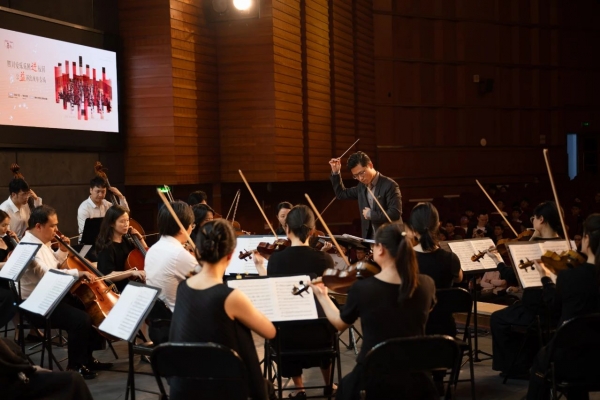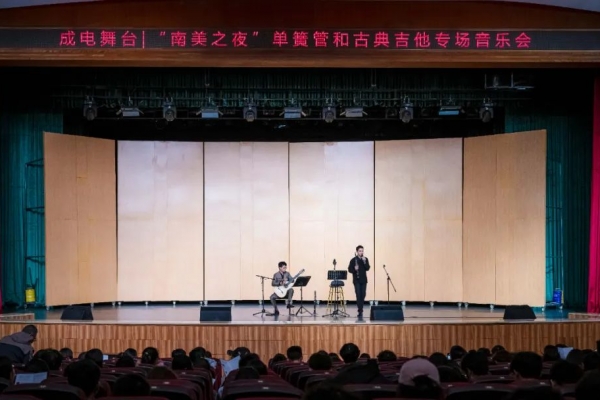即可将网页分享至朋友圈
人力资源部教师发展中心“学术沙龙”活动特别邀请澳大利亚纽卡索大学副教授Jiabao Yi来校交流,具体安排如下,欢迎广大师生参加。
一、主 题:Ferromagnetism in 2D materials
二、时 间:2019年9月6日(周五)10:00
三、地 点:沙河校区 物理楼 204
四、主讲人:纽卡索大学 Jiabao Yi 副教授
五、主持人:物理学院 乔梁 教授
六、内容简介:
Diluted magnetic semiconductor is promising for the application of spintronics devices. III-V and oxide based diluted magnetic semiconductor has been extensively studied for achieving qualified properties for spintronics devices, whereas, the relatively low Curie temperature and difficult to achieve intrinsic doping have impeded the progress of diluted magnetic semiconductors. Recently, 2D materials have shown many extraordinary properties, such as high carrier mobility, extra-large mechanical strength and high thermal conductivity and excellent performance in energy storages. Due to its two-dimension nature and high carrier mobility, 2D materials are also very promising for spintronics devices. Graphene has shown long spin diffusion length and high spin injection efficiency. Therefore, introducing magnetism into 2D materials becomes one of the research interests in 2D materials. Doping magnetic element into 2D materials is one of the effective methods to achieve magnetism. Most of the research focuses on theoretical calculations. In this presentation, I will introduce both theoretical calculations and experimental results on magnetic element doped 2D materials. From first principles calculations, it shows defects or defect complexes play important role in the magnetism. Experimentally, we observe room temperature ferromagnetism in magnetic element doped 2D materials. Especially, giant coercivity and extremely high magnetization have been observed in magnetic element doped MoS2. Defects and shape anisotropy play critical roles in the high magnetization and coercivity.
七、主讲人简介:
Dr Jiabao Yi received his PhD from Department of Materials Science and Engineering, National University of Singapore in 2008. He then joined University of New South Wales in 2011 as a Senior Lecturer. In 2018, he moved to University of Newcastle. He is currently a Future Fellow/Associate professor in School of Engineering, Global Innovative Center for Advanced Nanomaterials. Dr Yi has received several prestigious awards, including Lee Kuan Yew postdoctoral fellowship, Queen Elizabeth II fellowship, and Future Fellowship in Singapore and Australia respectively. His research interest focuses on the magnetic materials, oxide electronics, diluted magnetic semiconductors, and 2D materials. He is currently serving as Editor in Chief of Journal of Advances in Applied Physics,associate editor of Frontier in Physical Chemistry and Chemical Physics, Nanomaterials and Nanotechnology and Journal of the Australian Ceramic Society. He has published over 140 journal papers with a total citation of 6600 times and h-index of 41.
八、主办单位:人力资源部教师发展中心
承办单位:物理学院
人力资源部教师发展中心
2019年9月2日
编辑:王晓刚 / 审核:王晓刚 / 发布:陈伟


